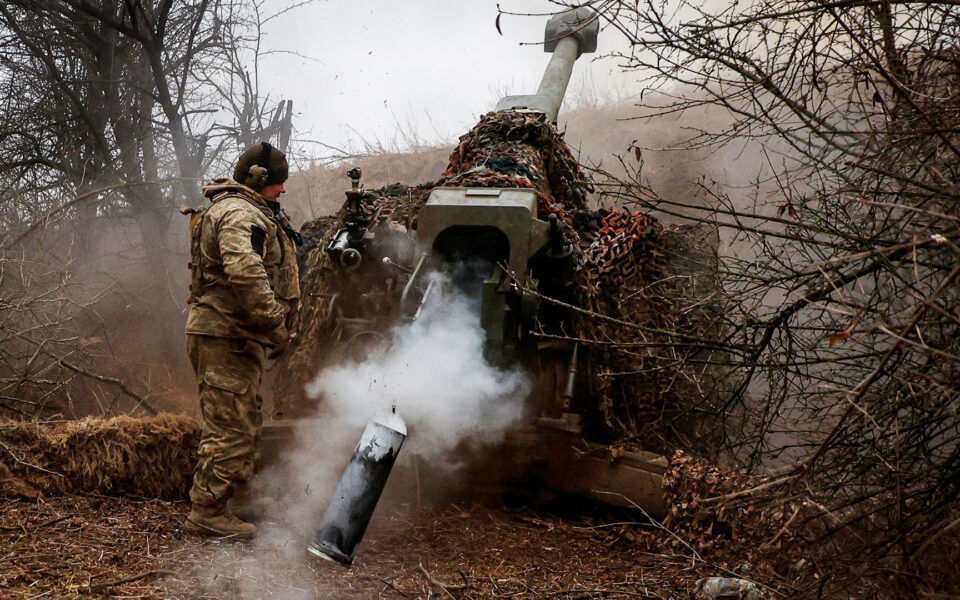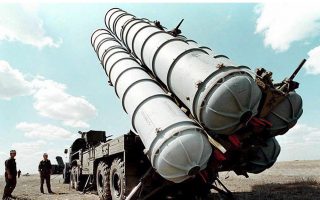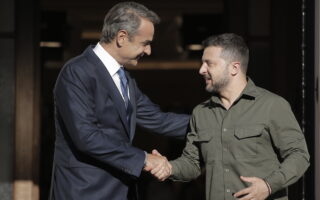Greece will keep supplying Ukraine
Deal being negotiated with Czech Republic will provide several types of projectiles, ammunition

Greece will continue supplying Ukraine with guns and ammunition this year without depleting its stocks.
The equipment will be bought from the Czech Republic and transferred directly to Ukraine. Czech and Greek officials are negotiating the prices of these systems; signing a bilateral agreement will follow.
Greek officials say that it is ammunition that Ukraine needs the most and that its offer will contribute toward meeting the Ukrainians’ needs.
Athens has notified the European Union officials in charge of coordinating assistance to Kyiv that it can supply Ukraine with ammunition this year through the Czech Republic, namely 2,000 5-inch Zuni rockets; 180 2.75-inch rockets, used in Ukraine’s successful anti-tank warfare and close to the top of the list of Ukrainian requests; 90,000 90mm projectiles, also used in anti-tank warfare, as well as anti-aircraft weapons; 4 million bullets; and 70 M114A1 US-made 155mm howitzers.
The latter do come from Hellenic Army stock, but have long been considered unnecessary for its operational needs. They are, however, seen as useful in Ukraine’s standoff battles in muddy terrain. This is the second batch of M114A1s that Greece will sell to the Czech Republic in order to have them transferred to Ukraine.
Defense Minister Nikos Dendias will next week attend a meeting of NATO members, and other countries donating armaments to Ukraine, in Germany. He is expected to repeat Greece’s position that the flow of arms and ammunition must be maintained in order to help Ukraine weather a difficult spring.
Greece has already contributed anti-aircraft missile launchers and sent Soviet-made BMP-1 amphibious track infantry fighting vehicles in exchange for slightly more modern German-made Marder fighting vehicles.
As for the other weapons systems the Ukrainians have requested, such as the Soviet-made S-300 anti-aircraft missile battery, Greece has repeatedly stressed the need to replace them with more modern Western systems. And, regardless of whether it sends the S-300 system to Ukraine, it is preparing to replace it, as it is on the verge of becoming obsolete.
Greece will also gradually replace anti-aircraft systems, both on the islands and on the mainland, with Israeli systems, as its current weaponry is too limited in range and vulnerable to attacks both by more advanced missiles and unmanned aerial vehicles (drones).




